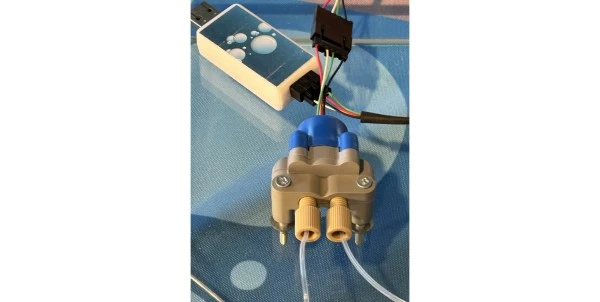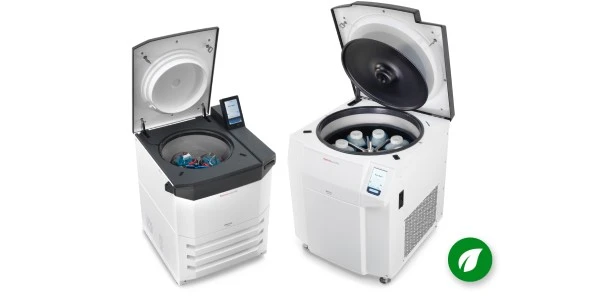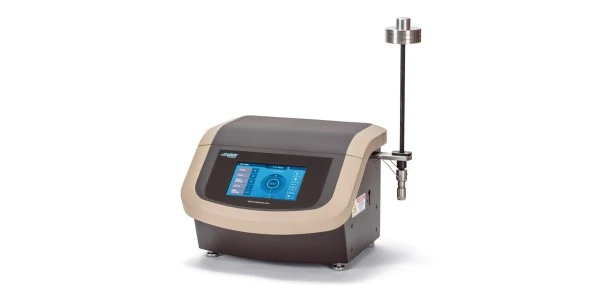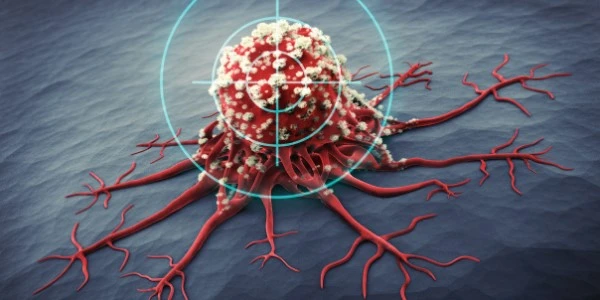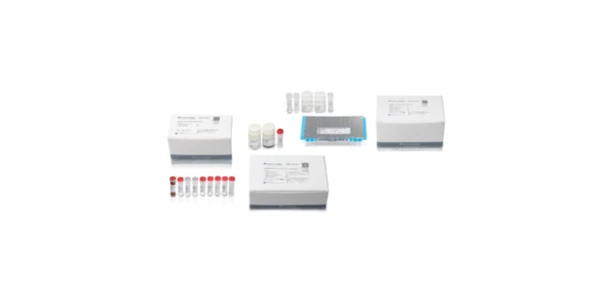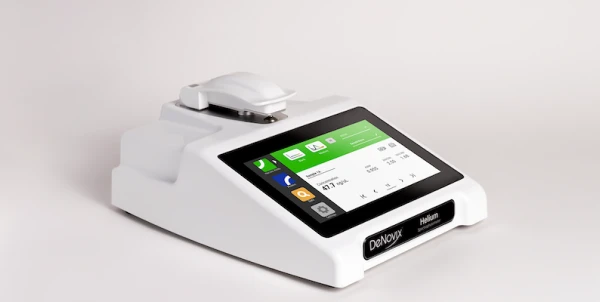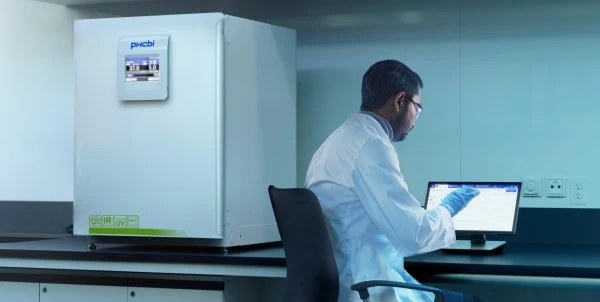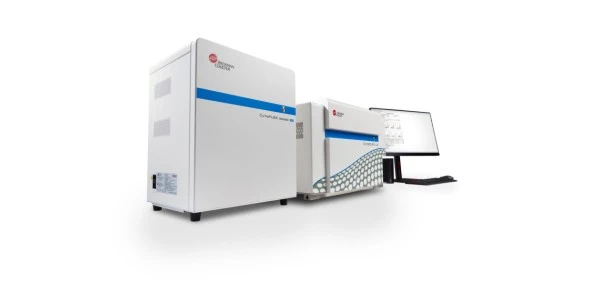The Best Cell Culture Media and Reagents: A Buyer's Review of Price and Features
Choosing the right cell culture media and reagents is crucial for maintaining healthy cell growth and achieving reliable experimental results. These products are essential for a variety of applications, including basic research, drug development, and biotechnology. This guide provides an overview of different types of cell culture media and reagents, their technical specifications, and key features to consider, helping you balance price and performance in your selection. Basal media provide the essential nutrients required for cell survival and growth. Common types include DMEM (Dulbecco's Modified Eagle Medium), RPMI-1640, and MEM (Minimum Essential Medium). These media are used for a wide range of cell types and are often supplemented with serum or other growth factors. Serum-free media are formulated without animal serum, reducing variability and the risk of contamination. They are designed to support specific cell types by providing all necessary nutrients and growth factors. Serum-free media are commonly used in biopharmaceutical production, stem cell research, and regenerative medicine. Stem cell media are specialized formulations that support the growth and differentiation of stem cells. They include specific growth factors and supplements to maintain pluripotency or direct differentiation. These media are essential for stem cell research, tissue engineering, and regenerative medicine. Specialty media are tailored for specific cell types or applications, such as neuronal culture media, endothelial cell media, and hybridoma media. These formulations provide the precise nutrients and environmental conditions required for optimal cell performance. Supplements and growth factors, such as fetal bovine serum (FBS), insulin, and epidermal growth factor (EGF), are added to culture media to promote cell growth and proliferation. These reagents are essential for optimizing cell culture conditions and achieving specific experimental outcomes. Antibiotics and antimycotics, such as penicillin-streptomycin and amphotericin B, are used to prevent bacterial and fungal contamination in cell cultures. These reagents are crucial for maintaining sterile conditions and ensuring the integrity of experimental results. Cell dissociation reagents, including trypsin, EDTA, and collagenase, are used to detach adherent cells from culture surfaces. These reagents are essential for passaging cells, preparing single-cell suspensions, and conducting downstream analyses. Cryopreservation reagents, such as DMSO (dimethyl sulfoxide) and glycerol, are used to preserve cells at ultra-low temperatures for long-term storage. These reagents protect cells from damage during freezing and thawing processes, ensuring cell viability and functionality. Ensure the media and reagents are compatible with your specific cell types and experimental requirements. Using the appropriate formulations will optimize cell growth, viability, and experimental outcomes. Choose products from reputable suppliers that adhere to strict quality control standards. Consistency in media and reagent performance is crucial for reproducible results and minimizing experimental variability. Opt for sterile and endotoxin-free products to prevent contamination and ensure the safety of cell cultures. This is particularly important for sensitive applications such as stem cell research and clinical studies. Consider suppliers that offer customization options for media formulations and reagent concentrations. Custom products can be tailored to meet specific experimental needs and optimize cell culture conditions. Evaluate the cost-effectiveness and availability of the products. While high-quality media and reagents are essential, balancing cost and budget constraints is also important for sustainable laboratory operations. Product Type Price Cell Culture
Media $147.75 (new) Cell Culture
Media $41.38 - $208.84
(new) Cell Culture
Medium $164.00 (new) Cell Culture
Medium $299.00 (new) Reagent Kit $399.00 (new) Reagent Kit $252.00 (new) Cell Culture
Plate $68.51 - $82.88
(new) Nest 384 Well Cell Culture Plate, Clear, Flat Bottom, Non-Treated, Sterile Cell Culture
Plate $316.57 (new) Enzyme Please Inquire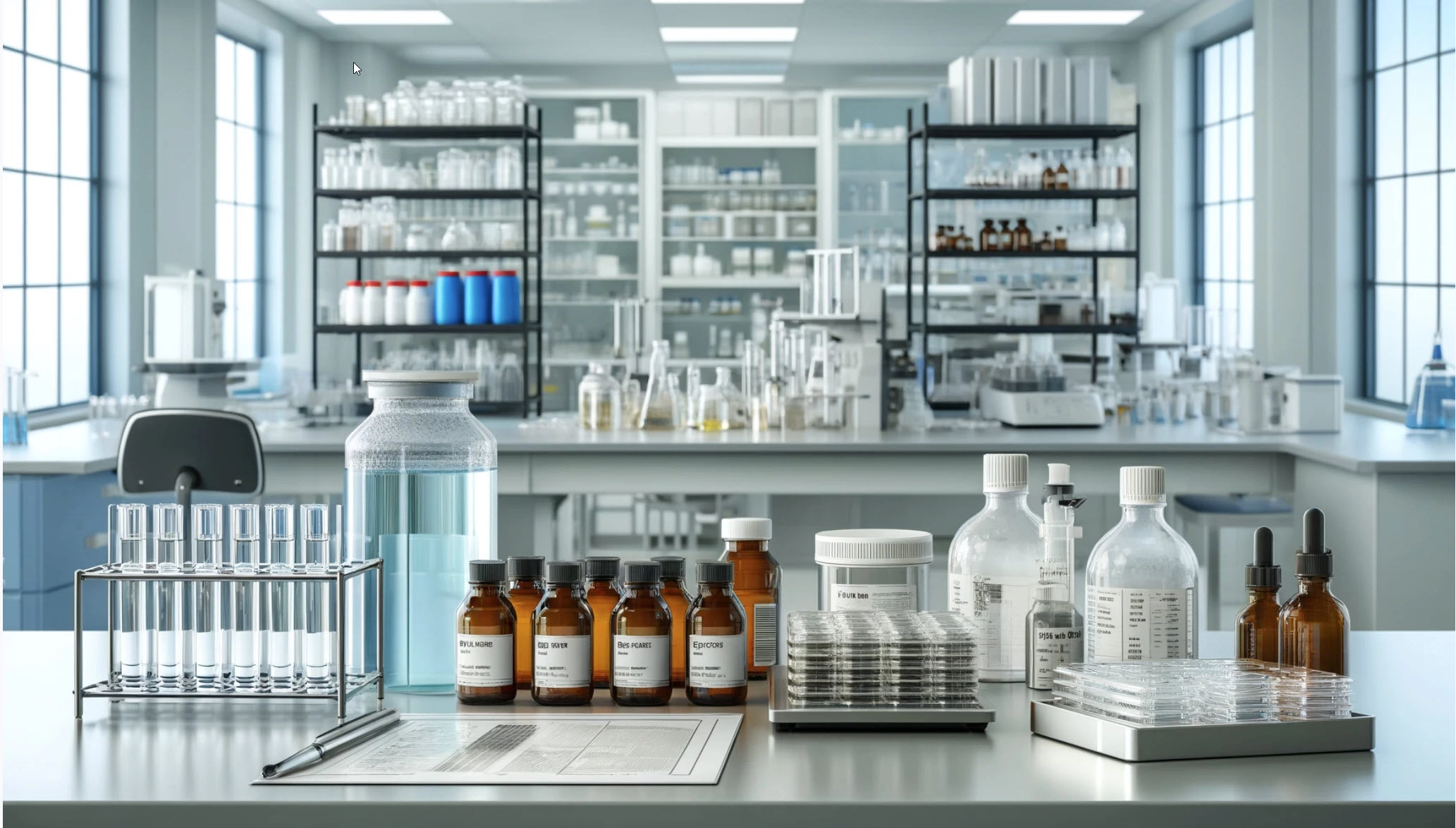
Keep Your Cells Healthy by Choosing the Best Cell Culture Media and Reagents
Types of Cell Culture Media
1. Basal Media
2. Serum-Free Media
3. Stem Cell Media
4. Specialty Media
Types of Cell Culture Reagents
1. Supplements and Growth Factors
2. Antibiotics and Antimycotics
3. Cell Dissociation Reagents
4. Cryopreservation Reagents
Key Features to Consider When Buying Cell Culture Media and Reagents
1. Compatibility
2. Quality and Consistency
3. Sterility and Safety
4. Customization Options
5. Cost and Availability
Laboratory Cell Culture Media and Reagents Price Guide
Cell Culture and Reagent Pricing for New, Used, and Refurbished Products on LabX.com
View all Cell Culture Media and Reagent Listings on LabX.com
